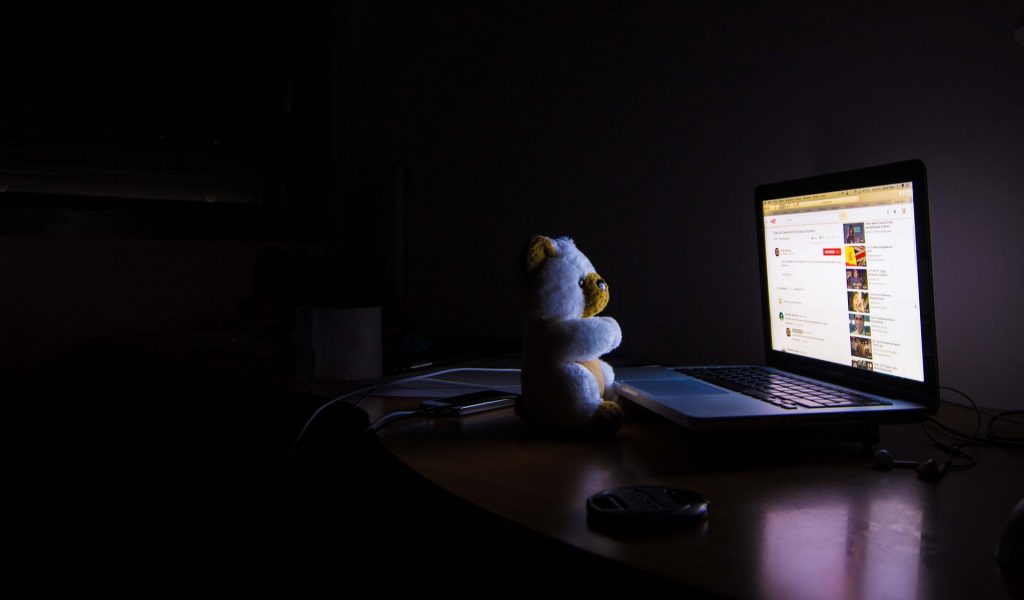Waking up to the causes of insomnia

Anabel Costa-Ferreira, Comment Editor, discusses insomnia, what it is, what the underlying causes of the sleep disorder may be and how to help prevent it .
While millions globally suffer from insomnia, the list of treatments and cures slowly grow to combat the long sleepless nights. Insomnia itself defines when an individual finds difficulty in falling asleep, staying asleep and subsequently having enough hours of sleep to feel rested and ready for the next day- typically this is thought to affect one in three in the UK. A nation deprived of sleep- what can we do to fight this hidden battle?
Insomnia itself defines when an individual finds difficulty in falling asleep – typically this is thought to affect one in three in the UK
According to the NHS website, insomnia causes can range from work shifts to temperature, comfort, caffeine and more obviously noise or mental health (stress, depression, anxiety). There is even a self-assessment you can take to see how healthy your sleep patterns are and tips how to resolve them if needed.
As Uni students rest between studies, socialising, and for many job commitments, can be a demanding thing to balance- and more often than not a good night’s rest does not make the cut when choosing how to balance our time. There are many dangerous risks associated with insufficient rest. It has been suggested that a shocking 14 per cent of the UK population function ‘on dangerously low levels of sleep…under five hours’- and that this is increasingly linked to physical health problems alongside poor mental health. There are many positive statistics that imply that there is in fact an ‘optimal bedtime-between 10pm and 11pm-linked to better heart health, say researchers who have studied 88,000 volunteers”
Many positive statistics that imply that there is an “optimal bedtime between 10pm and 11pm – linked to better heart health
Now while instantly transforming your night routine to include a 10pm bedtime remains unrealistic for many – here are some ways to improve your sleep. Taking time without screens before bed, along with avoiding big meals and exercise are all ways to improve quality of sleep. Unfortunately, attempting to make up hours of sleeps with daytime naps is not effective and will instead be likely to lead to more disrupted nights. Recent articles have explored a new “military method” of sleeping that for some has proved effective in as little as two minutes. It is infact a US army technique that is effectively a bodyscan – in which you try to relax the body in stage from your head to your toes – one side at a time. While this method may work for some- we must consider that insomnia is a very personal issue that will not affect two people the exact same therefore the treatment will not be identical either. However, there are an increasing number of recommendations on how to combat insomnia so whilst it may take time to find your cure- it is likely somewhere out there.
To summarise, the recommended sleep for adults is 7-9 hours per night and while our energy seems to drain faster as we age- so increases our bodies need for a good night’s rest. Remember to think about the importance of your sleep- and whilst downing that cup of caffeine may recharge you to pay attention in class- its short-term benefit will create a long-term disadvantage.


